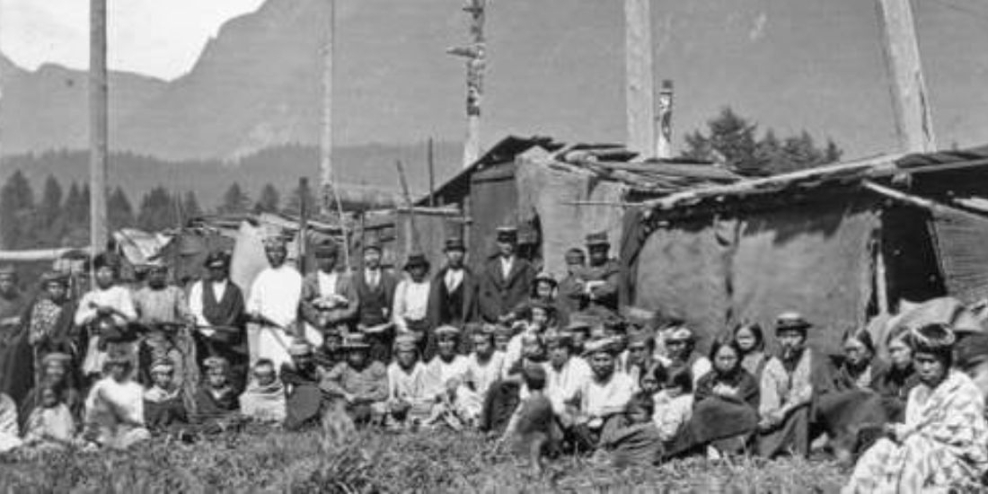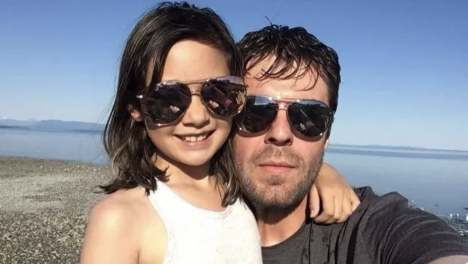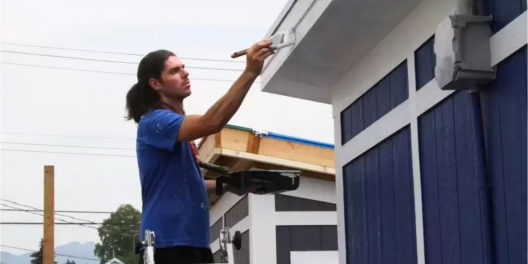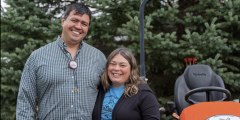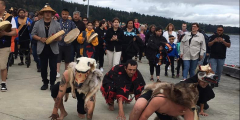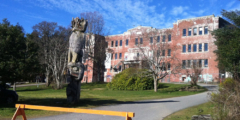Da’naxda’xw First Nation is facing a governance dispute that has prompted dissidents to take the matter to the Federal Court of Canada.
The three-person Da’naxda’xw council, controlled by Chief Gordon Glendale and his mother, Anne Glendale, has refused to hold an election for decades, leading to frustration among some nation members.
The Glendale family, consisting of 19 members, resides in Tsatsisnukwomi (New Vancouver), while the remaining 208 nation members live off-reserve in nearby communities around Campbell River and Alert Bay.
Da’naxda’xw members not part of the Glendale family, including hereditary chiefs, have advocated for democratic accountability and power-sharing within the community for several years.
“We’ve been waiting for 30 years for an election, and we’ve had enough,” Robert Duncan, one of four Da’naxda’xw hereditary chiefs, said in an interview. “If we can’t work it out with membership, we will have the courts work out a solution.”
Concerns have long been raised about the lack of transparency and the concentration of power within the Glendale family.
The federal government has provided financial support to the nation, totalling millions of dollars.
Most of this was allegedly distributed between the various Glendales, instead of the entirety of the Da’naxda’xw peoples. But despite repeated complaints, Ottawa has yet to intervene in the governance issue.
The Department of Indigenous Affairs and Northern Development stated that it has no legal jurisdiction and that the community’s leadership is determined through a “custom hereditary system.”
The outside observers have criticized the situation, describing it as “downright scary” and calling for open elections in the community.
“One family has controlled every part of their people’s lives,” said Canadian Taxpayer Federation spokesman Jordan Bateman.
However, the band administrator Molly Dawson has defended the established governance system, stating that they have no desire to follow an election system.
“That’s how the Canadian government works, yeah,” Dawson told The Vancouver Sun. “Ask all the First Nations — the Canadian election system isn’t working.”
She also pointed to off-reserve members being “apathetic” and not showing up in significant numbers when the Da’naxda’xw call meetings to the remote location as reasons why she feels their complaints are unfounded.
Tsatsisnukwomi, the community in question, was abandoned in the 1960s but was revitalized in the 1980s when Bill and Anne Glendale, the current chief’s parents, moved back to the island and sought federal funding to rebuild the community.
They registered as a “custom code” band in 1987, designating Bill as the hereditary chief and Anne as one of the band councillors.
Experts, including Brad Morse from Thompson Rivers University, told the Vancouver Sun that it would likely be the courts, not the federal government, who resolve the dispute, as the Da’naxda’xw became a custom band just before the federal government established rules for democratic accountability in custom elections.
The situation highlights the ongoing challenges surrounding governance and power dynamics within Indigenous communities and the need to find solutions that respect both traditional and modern leadership systems.

